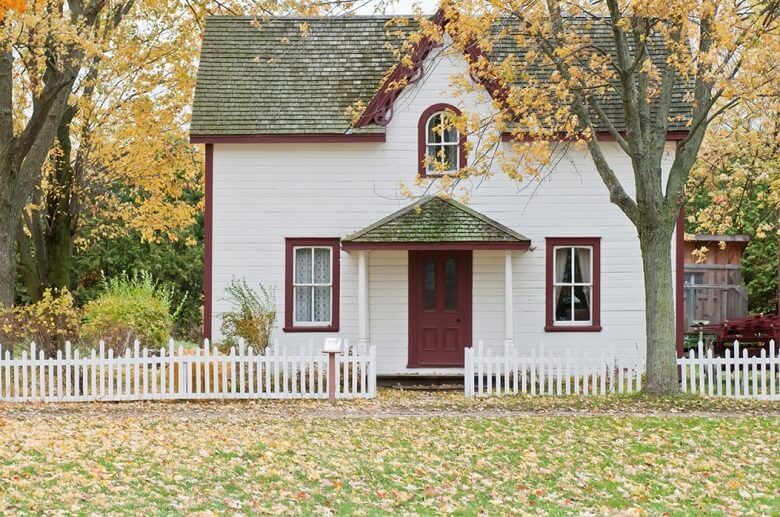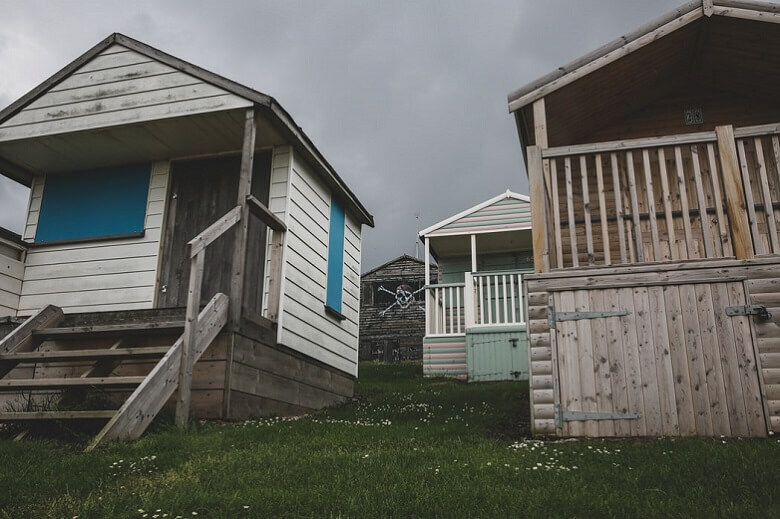
Different Ways to Invest in Real Estate
Real estate is a great investment because of its benefits and other reasons. It’s a good choice if you’re looking to diversify your portfolio and want excellent return potential. Real estate also offers a variety of ways to invest your money in. In investments, you must have several options so you can study and compare their capital requirements, risk levels, and investment dynamics. This will help you decide which type would work the best for you.
Ways to Invest in Real Estate
The best ways to invest in real estate are but not limited to single-family and multi-family residence, commercial property, mobile home parks, self-storage, senior housing, and private money lending.
Single Family Residences
Single-family residences are the common start-off of real estate investing. Most successful and wealthy real estate investors started their business with single-family homes. This is the best choice for first-time investors because it’s easy to manage and maintain. Investing in real estate requires skill in property management. If you’re a beginner, it is better to start with the simplest option so you can get a better grasp of the whole process. With single-family homes, you’ll be managing one tenant or family only. Hence, giving you a better chance to find the right tenant for your property. Moreover, maintaining the home will be cheaper since you’ll have fewer appliances and fixtures to deal with.

If you want to avoid the headache of dealing with different personalities, better invest in single-family residences. In apartments, you might get complaints about each other and they may always not get along. Unlike with single-family tenants, you will most likely talk to one person or the head of the family only.
When it comes to stability, Single-family tenants win over apartment tenants. Most of them lease their house for more than a year. Hence, the probability of vacancy risk is lower and occupancy rates are higher. Moreover, you can include in the lease agreement that your tenants are responsible for utility payments, lawn mowing, and other simple maintenance. Generally, they take care of the house because they feel it is their home rather than an apartment.
Multi-family Residences
Multi-family housing is a single building accommodated by multiple tenants living separately. For property investors who aim to build a large portfolio of rental units, this is the perfect choice for you. The security and tax advantages of investing in multi-family have always captured the attention of investors. Also, multi-family homes produce a strong cash flow monthly. The demand is always high, especially if you choose the perfect location. Just imagine the cash flow you will get from the monthly rent if you have one property with 10 single units.

Some people may ask, how am I going to manage multiple units? The solution is simple — hire a property manager. He will help you optimize your investment by handling the daily operations of the rentals. He can be responsible for finding and screening tenants, monthly collection of rent payments, handling evictions, and property maintenance.
Can I afford multiple units? The cost of a multi-family home depends on certain factors like location, condition, the age of the property and more. Generally, the cost to own an apartment building is higher than purchasing a single-family home. But with multi-family property, the chance of being approved by a bank for a loan is higher than the average home. Moreover, if you apply for a mortgage loan, you can expect lower mortgage financing rates. The foreclosure rate on apartment buildings is not as high with single-family units. For example, if a tenant moves out of a single-family home, the property will be 100% vacant. Meanwhile, the vacancy rate in a multi-family property will only be 10% with one vacancy. Therefore, mortgage lenders offer competitive rates for multi-family investors.
Commercial Property

Commercial real estate is all about acquiring properties for business use. It has two components; investing in offices and the other is in retail. Before buying a property, you must determine its purpose first. Do you want to open a retail sales shop or open offices? You also need to consider which is more profitable in your chosen location. Commercial property investment generates higher profits than residential property investment. With the right location, it can give you 6 – 12 % as compared to the 2-4% you can get from residential.
Mobile Home Parks
How does mobile home park investment work? It is where investors buy the entire mobile home park and lease each of them to tenants. The tenants can then rent or own a mobile home. One of the good things about mobile home parks is it provides affordable housing for low-wage earners in the United States. It also provides stability to owners during a recession.
Mobile home parks (MHP) have lower per-unit costs. Thus, allowing investors to get more units for less money. Out of all ways to invest in real estate, MHPs are the lowest cost investment. Aside from that, they only need low maintenance. Usually, park owners own the land only. Meaning, the tenants are responsible for any repairs or maintenance needed for their mobile homes. The landlord will only deal with any repairs and maintenance on the actual land or any physical structures on it. Some of the landlord’s responsibilities may include cutting the grass, garbage removal, shoveling snow, etc.

The demands for MHPs are starting to increase. There are approximately 8.5 million mobile homes in the US per 2017 US Census Statistics. They make up 6.4% of the US housing sector. Based on the statistics conducted by Statista, Texas has the highest number of mobile homes as of June 2019. In this state alone, there are 97,298 manufactured homes.
Self-Storage

For small and private investors, self-storage is one of the best real estate investments they can make. The self-storage business alone is a 220-Billion-dollar industry. Thus, making it a good industry. The occupancy rates in this industry are generally high. In every 10 people in the US, 1 of them uses self-storage. Another best thing about self-storage is it isn’t affected by the economy. People always need storage whether the economy is good or bad. During slow down or recession, most people downsize and put their possessions into self-storage. Which is why some consider storage a recession-proof investment. Besides, turnover and maintenance are low.
Senior Housing
From its name itself, senior housing or retirement homes are housing designated for seniors. There are various types of senior housing. But the most recognized are independent living, assisted living, nursing home, and continuing care retirement community. In independent living, senior tenants can take care of themselves. They don’t need help in their daily tasks like getting dressed, taking a bath or medicine. It’s like a dorm-style or mini-college campuses, where seniors live together and socialize with each other. This is perfect for older adults who don’t want to live alone. On the other hand, assisted living is almost like independent living. The community set-up is the same, but they also offer personal care assistance to the seniors. This is ideal for older adults who are somehow active but needs help with daily tasks. Nursing homes are a type of senior housing where some skilled nurses and doctors provide services and medical care to the seniors. Lastly, the continuing care retirement community has all the options and services mentioned above combined into one large community.

Since senior housing is pretty much like dormitory-style, the tenants are stable. Once they move in, they’re likely to move out for quite a while. It is also an investment that doesn’t get affected by economic factors. Seniors will always need personal and medical care facilities. The demands here are based on the tenants’ needs.
Notes/Private Money Lending
In private money lending, the money given to the borrower is from private organizations or individuals instead of a bank or other financial institution. The risk is high as the borrower may fail to fully pay the lender. For that reason, private money lenders must perform due diligence to verify the borrower’s information and if he’s capable of paying the borrowed money.
The Bottom Line
Now that you’ve learned the different ways to invest in real estate, it’s time for you to do some action! Whatever type of real estate investment you’re looking to invest in, the most important thing to do is educating yourself. Don’t hesitate to consult experts that can guide you to what type of works the best for you. As early as possible, determine your goals. When done right, real estate can make real money!
DISCLAIMER:
Neither Alpesh Parmar nor Wealth Matters associated claim to be an expert in tax, legal or insurance strategies. WE STRONGLY URGE PROSPECTIVE INVESTORS TO CONSULT WITH THEIR OWN ADVISORS PRIOR TO DECIDING WHETHER TO INVEST. Please consult an expert or advisor.